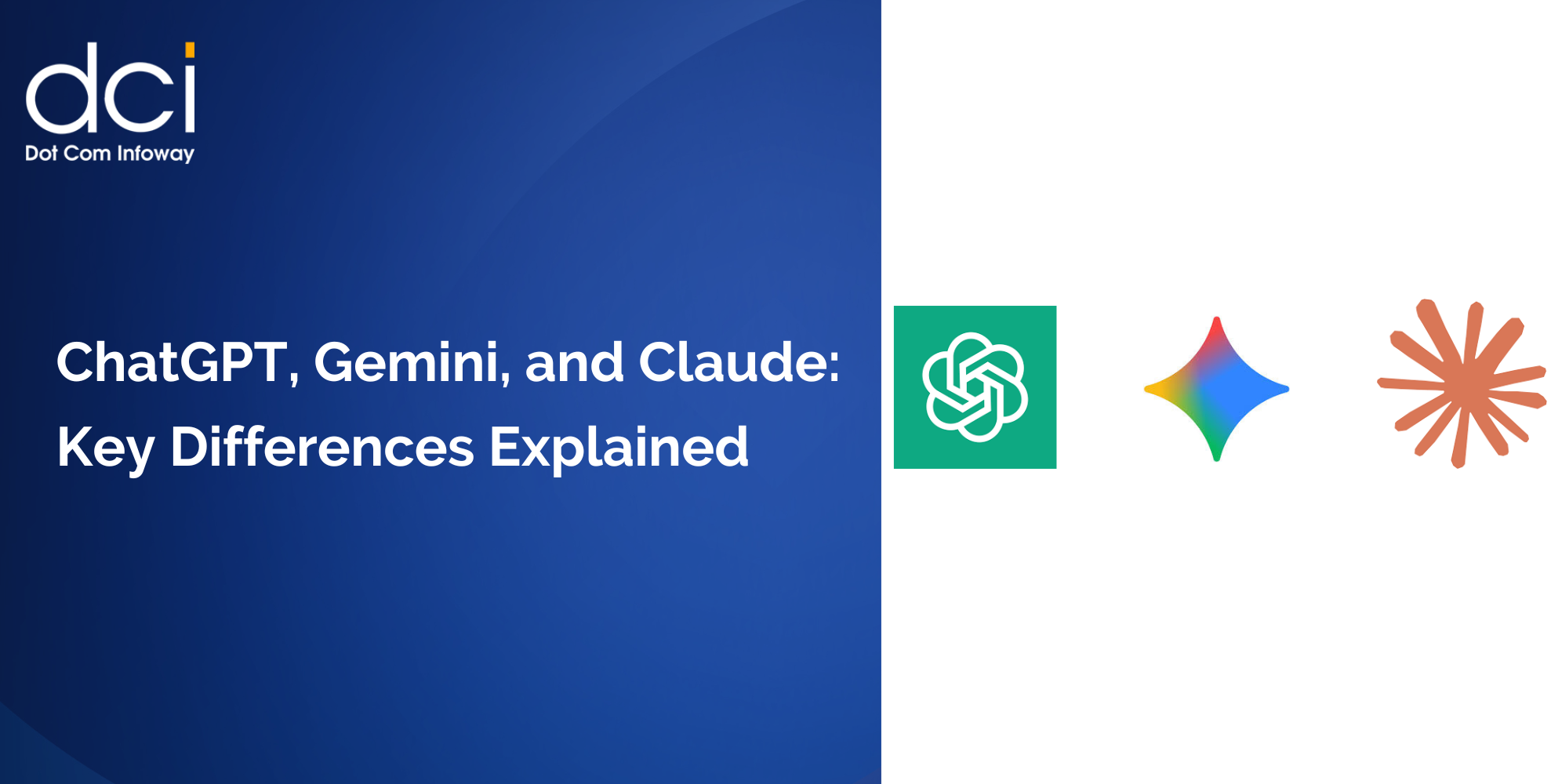In the digital world, billions of apps compete for attention. One key element can dramatically impact an app’s success: app reviews and ratings. These simple metrics provide insights into an app’s quality. They shape potential users’ decisions and influence app marketing strategies. For developers, marketers, and businesses striving to optimize their mobile apps, understanding the profound impact of reviews and ratings on mobile app marketing is crucial. This post delves into how app reviews and ratings can affect everything from app visibility in the stores to user acquisition, retention, and overall reputation.
The Impact of App Reviews and Ratings on Mobile App Marketing
8 mins read

The Role of App Reviews in Mobile App Marketing
App reviews significantly impact how users perceive a mobile app. When consumers browse app stores, they often choose apps with high ratings and positive feedback. Positive reviews signal trust and quality, encouraging more downloads. In contrast, negative reviews can drive users to seek alternatives.
Reviews are one of the first things users check before deciding to download an app. They are vital to your app’s marketing strategy. Users leave feedback, contributing to the app’s reputation. Reviews shape perceptions of the app’s usability, functionality, and value. They also provide data that marketers can use to address issues, improve features, and tailor campaigns.
How App Ratings Affect Visibility in App Stores
App ratings not only influence user perception but also affect the app’s visibility in app stores. Google Play and the Apple App Store rank apps based on various factors, including user ratings and the frequency of reviews. Apps with higher ratings are more likely to appear in top lists and search results, increasing their chances of being discovered by new users. This organic visibility can reduce reliance on paid marketing, saving businesses money and enhancing app growth.
Consistent ratings and reviews can help maintain or improve an app’s position in rankings. App stores use factors such as recency, consistency, and the volume of reviews to determine the app’s ranking. A steady influx of positive reviews keeps elevating an app’s position in searches and recommendations.
App Reviews as Trust Signals in User Acquisition
App reviews and ratings act as powerful trust signals. When users browse app listings, they rely heavily on social proof. Reviews provide that proof, offering reassurance that the app is worth their time and money. In a crowded marketplace, good reviews are often the deciding factor that prompts users to download an app.
This trust-building element is crucial in competitive app categories like gaming, productivity, and e-commerce. For apps in these categories, strong ratings and positive feedback can make the difference between success and obscurity. Reviews help users decide whether the app lives up to marketing claims or fails to meet expectations.
The Role of Negative App Reviews and Constructive Feedback
While positive reviews are essential for user acquisition and retention, negative reviews also play a vital role in app marketing. Negative feedback highlights areas where the app may be lacking, such as bugs, usability issues, or performance limitations. These insights are invaluable for developers and marketers, as they can improve the app, address complaints, and enhance user experience.
Responding to negative reviews shows that the developer values customer feedback and is committed to improvement. This transparency can mitigate the impact of negative reviews. It can also convert dissatisfied users into loyal ones by demonstrating a willingness to fix issues. In some cases, addressing negative reviews and updating the app can lead to more favorable reception from users.

Ready to boost your website’s rankings and online visibility?
Discover how our expert SEO services can resolve ranking issues, drive traffic, and elevate your website’s performance to the next level!
The Influence of App Ratings on Retention and Engagement
A strong reputation built through consistent app ratings not only drives new downloads but also fosters better user retention and engagement. When users feel confident in the quality of an app, they are more likely to keep using it, recommend it to others, and remain engaged over the long term. High ratings create a positive feedback loop where good reviews lead to more downloads, which in turn leads to more reviews, further improving the app’s reputation and engagement.
Moreover, user engagement metrics such as active usage, session duration, and in-app behavior are positively correlated with high app ratings. Apps with high ratings tend to have better engagement rates because users are more likely to trust and rely on apps that consistently meet or exceed their expectations.
Leveraging App Reviews for App Marketing Campaigns
To make the most of app reviews, marketers need to actively engage with users, prompting them to leave feedback. Timing, incentives, and calls-to-action can encourage users to rate the app, especially after a positive interaction or update. Some apps ask users for reviews after completing certain actions, like finishing a level in a game or making a purchase in an e-commerce app.
Marketers can also incentivize reviews through rewards such as in-app currency, discounts, or exclusive content. These incentives, however, should be used carefully to avoid violating app store policies. It’s essential that reviews remain organic and authentic to maintain their credibility.
App Reviews and Ratings as Part of a Holistic Mobile App Marketing Strategy
To make the most of app reviews, marketers need to actively engage with users, prompting them to leave feedback. Timing, incentives, and calls-to-action can encourage users to rate the app, especially after a positive interaction or update. Some apps ask users for reviews after completing certain actions, like finishing a level in a game or making a purchase in an e-commerce app.
Marketers can also incentivize reviews through rewards such as in-app currency, discounts, or exclusive content. These incentives, however, should be used carefully to avoid violating app store policies. It’s essential that reviews remain organic and authentic to maintain their credibility.
The Future of App Reviews and Ratings in Mobile App Marketing
As mobile app ecosystems continue to evolve, the role of app reviews and ratings is expected to grow even more significant. Artificial intelligence and machine learning tools are already being used to analyze user sentiment and predict user behavior based on app reviews. This shift could provide marketers with more actionable insights into improving user experience and developing targeted marketing campaigns.
Moreover, as app stores increasingly rely on machine learning to rank and recommend apps, the role of user feedback, in the form of reviews and ratings, will only become more vital. Apps that fail to leverage this data risk being left behind by competitors who are more adept at using user insights to optimize their apps.
Conclusion
In today’s app-driven world, app reviews and ratings are not just metrics; they are integral to the success of mobile app marketing campaigns. Positive reviews help to increase visibility, build trust, and attract new users, while negative reviews provide an opportunity for improvement. By incorporating reviews into the marketing strategy, developers and marketers can maximize the potential of their apps and ensure a competitive edge in an ever-evolving marketplace.
Latest Posts
Get the latest insights from Dot Com Infoway straight to your inbox.





![The Game Marketing Guide: Pre and Post-Launch Strategies [Infographic]](https://www.dotcominfoway.com/wp-content/uploads/2023/09/DCI-Game-Marketing-blog-1.jpg)















